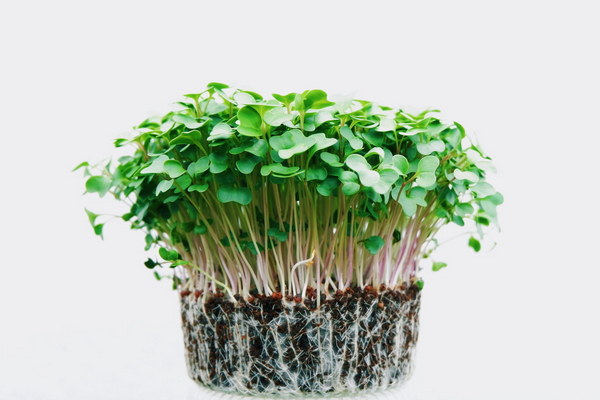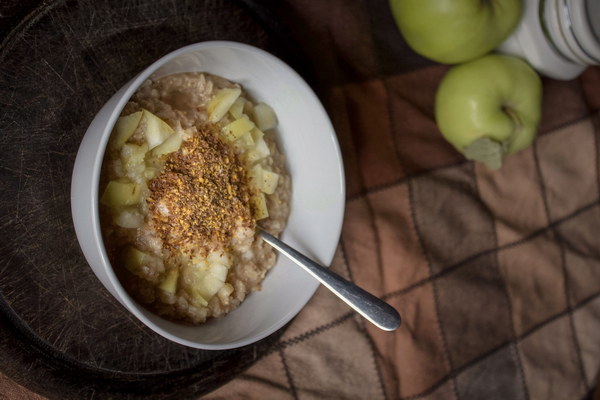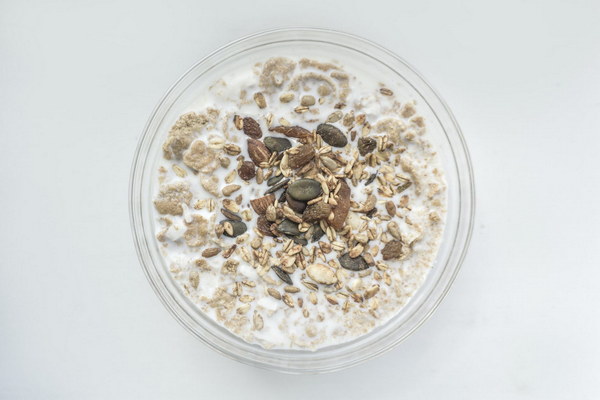Top Herbs for Lung Detoxification What to Drink for Optimal Lung Health
Top Herbs for Lung Detoxification: What to Drink for Optimal Lung Health
In today's fast-paced world, maintaining lung health has become increasingly important. The environment is filled with pollutants and allergens that can affect the respiratory system. To counteract these adverse effects, many turn to natural remedies. One such remedy is the use of herbs. Drinking certain herbal teas can help in detoxifying the lungs and promoting overall respiratory health. This article delves into some of the best herbs to consider for lung detoxification and the benefits they offer.
1. Peppermint (Mentha piperita)
Peppermint is a well-known herb that is often used for its soothing properties. It contains menthol, which has anti-inflammatory and expectorant properties. Drinking peppermint tea can help alleviate respiratory issues such as asthma, bronchitis, and sinusitis. It also helps in clearing the throat and opening up the airways, making it easier to breathe.
2. Thyme (Thymus vulgaris)
Thyme is another herb that has been used for centuries to improve lung health. It contains compounds like thymol and carvacrol, which have antibacterial and antiviral properties. Thyme tea can help in reducing the frequency and severity of respiratory infections. It also has expectorant properties that can help in loosening and expelling mucus from the lungs.
3. Echinacea (Echinacea purpurea)
Echinacea is a well-known immune-boosting herb. It has been shown to enhance the body's immune response, which can be particularly beneficial during the cold and flu season. Drinking echinacea tea can help in preventing respiratory infections and, if an infection occurs, can help in reducing its duration and severity.
4. Elderberry (Sambucus nigra)
Elderberry is another immune-boosting herb that has been used traditionally to treat respiratory infections. It contains flavonoids that have antiviral properties. Elderberry tea can help in reducing the symptoms of the common cold and flu, such as cough, sore throat, and runny nose. It also has anti-inflammatory properties that can help in soothing the respiratory tract.
5. Licorice (Glycyrrhiza uralensis)
Licorice root is a potent herb that has been used for centuries in traditional Chinese medicine. It has anti-inflammatory properties and can help in soothing the respiratory tract. Licorice tea can be particularly beneficial for those suffering from chronic lung conditions such as asthma or bronchitis. However, it should be used cautiously in individuals with certain health conditions, such as kidney disease or high blood pressure.
6. Turmeric (Curcuma longa)
Turmeric is a spice commonly used in Indian cuisine and is also known for its health benefits. It contains a compound called curcumin, which has anti-inflammatory and antioxidant properties. Drinking turmeric tea can help in reducing inflammation in the lungs and may be beneficial for individuals with chronic obstructive pulmonary disease (COPD).

7. Ginger (Zingiber officinale)
Ginger is another herb that has been used traditionally to treat respiratory conditions. It has anti-inflammatory and expectorant properties. Ginger tea can help in loosening mucus, reducing cough, and soothing the respiratory tract. It also has immune-boosting properties that can help in preventing respiratory infections.
Conclusion
Drinking herbal teas can be a simple and effective way to support lung health. However, it is important to note that while these herbs can provide relief and support for respiratory issues, they should not replace medical treatment. If you have a chronic lung condition or are considering using herbal remedies, it is always best to consult with a healthcare professional. With the right combination of herbs and a healthy lifestyle, you can help keep your lungs healthy and clear.









